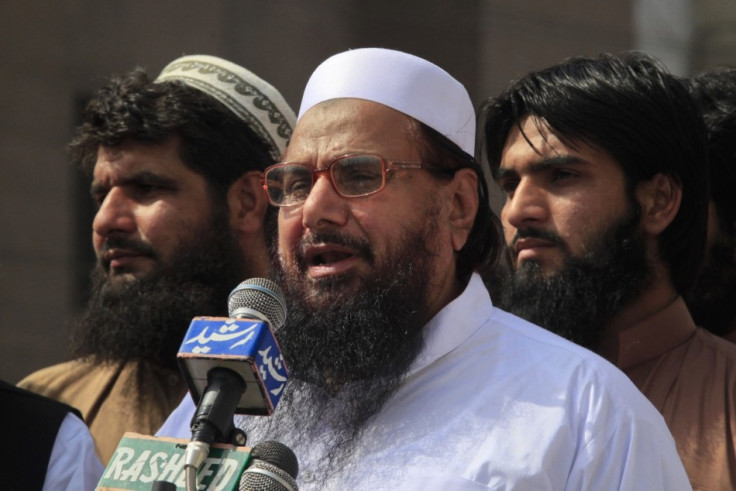Mumbai terror attack mastermind Hafiz Saeed placed under house arrest in Pakistan
In June 2009, Saeed was put under house arrest but was released after six months.
Hafiz Saeed, the alleged mastermind of the 2008 Mumbai terror attacks in which 166 people were killed in India was placed under house arrest in Lahore (Pakistan) on Monday night (30 January). Local reports quoted interior ministry sources as saying that Saeed and some other men have been placed under house arrest and were on an exit control list, which means they cannot leave the country.
Nadeem Awan, a spokesperson for Jamaat-ud-Dawa (JuD), a charity that Saeed heads said, "A large police team arrived [at JuD headquarters] and told us that Hafiz Saeed would be placed under house arrest."
A senior official from the defence ministry noted that they had not heard from the Trump administration, but they were under US pressure regarding Saeed's arrest.
The official was quoted as saying, "Trump is taking hard decisions against Muslim countries, there is open talk of actions against Pakistan also. So yes, this was a consideration."
The US has announced a $10m (£7.9m) bounty for any information that could lead prove his involvement in the terror attack. Saeed led the outlawed militant group Lashkar-e-Taiba (LeT) and according to New Delhi and Washington, his charity is now a front for the banned terror group. In June 2014, JuD had been declared a terrorist organisation by the US.
The 2008 Mumbai attacks ratcheted up tensions between Islamabad and New Delhi and brought the two nuclear armed countries to the brink of war after 10 gunmen carried out a series of attacks in India's financial capital. They had attacked the CST train station, two luxury hotels and a Jewish centre in a rampage across the city.
In June 2009, Saeed was put under house arrest, which was lifted six months later. Despite the bounty, Saeed is believed to have had a high-profile public life in Pakistan and has frequently delivered anti-India speeches.

© Copyright IBTimes 2025. All rights reserved.





















